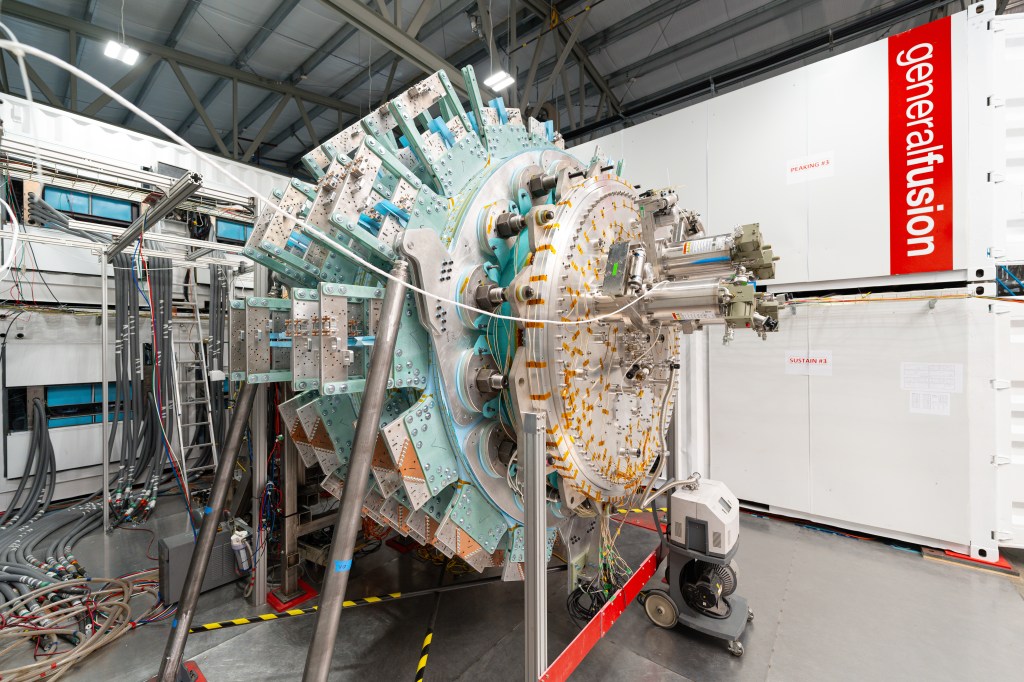Quantum computing, long heralded as the next frontier in computational power, is transitioning from theoretical promise to tangible progress. This shift is driven by a diverse array of companies, from tech giants to innovative startups, each striving to overcome the formidable challenges inherent in developing practical quantum systems. These challenges include creating reliable quantum chips capable of hosting large numbers of qubits—the fundamental units of quantum information.
Tech Giants Leading the Charge
Google has been a pioneer in quantum computing, achieving a significant milestone in 2019 by demonstrating quantum supremacy. This achievement showcased a quantum processor performing a specific calculation faster than the most powerful classical supercomputers. Since then, Google has continued to refine its quantum hardware, focusing on increasing qubit counts and improving error correction techniques to make quantum computing more practical and accessible.
Microsoft has made notable strides with its development of the Majorana 1 chip, unveiled in February 2025. This chip utilizes Majorana fermions, particles that are their own antiparticles, to create qubits that are less prone to errors—a longstanding hurdle in quantum computing. Microsoft’s approach aims to accelerate the timeline for practical quantum computers, suggesting that they could be realized in years rather than decades. This development positions Microsoft as a formidable competitor in the quantum race, alongside other tech behemoths.
Amazon entered the quantum hardware arena with the introduction of its Ocelot chip in early 2025. Developed in collaboration with the California Institute of Technology, Ocelot represents Amazon’s commitment to advancing quantum technology. Prior to this, Amazon had already established a presence in the quantum field through its AWS Braket service, which provides cloud-based access to quantum computing resources from various providers. The development of Ocelot signifies Amazon’s intent to play a significant role in the hardware aspect of quantum computing.
Innovative Startups Making Their Mark
While large corporations bring substantial resources to the table, startups are injecting agility and novel ideas into the quantum computing landscape.
Alice & Bob, a French startup, is working towards building a fault-tolerant quantum computer. In January 2025, the company secured a $104 million Series B funding round to further its research and development efforts. Alice & Bob’s approach centers on cat qubits, a type of superconducting qubit designed to reduce errors and simplify error correction processes. This focus on fault tolerance addresses one of the most significant challenges in quantum computing.
Akhetonics, a German photonics startup, is pursuing an all-optical, general-purpose quantum chip. This approach diverges from the more common focus on superconducting qubits and aims to leverage photonic technology to achieve scalable quantum computing. In November 2024, Akhetonics raised a €6 million seed funding round led by Matterwave Ventures, underscoring investor confidence in its innovative approach.
Atom Computing, based in the United States, is developing quantum computers using arrays of optically trapped neutral atoms. This method offers potential advantages in scalability and coherence times. In 2024, Atom Computing announced plans to launch a commercial quantum computer in partnership with Microsoft, signaling a collaborative effort to bring quantum computing closer to practical applications.
D-Wave, a company with a longer history in the quantum computing field, continues to advance its technology. Its latest system, the Advantage2 prototype, aims to provide more powerful and accessible quantum computing solutions. D-Wave’s focus on quantum annealing—a specific approach to quantum computation—distinguishes it from other companies pursuing gate-based quantum systems.
Global Efforts and Collaborations
The pursuit of quantum computing is a global endeavor, with various countries and regions investing heavily in research and development.
Quebec, Canada, has emerged as a significant hub for quantum technology. The establishment of the DistriQ Quantum Innovation Zone in Sherbrooke fosters research and entrepreneurship, attracting international players. French startups like Quandela and Pasqal have established a presence in the region, contributing to a growing quantum ecosystem. The Quebec government’s investment, including a $15 million loan to Pasqal Canada, highlights the strategic importance placed on quantum technology.
China has also made substantial investments in quantum computing, with achievements such as the development of the Jiuzhang quantum computer. This system has demonstrated remarkable speed in AI-related calculations, suggesting a monumental leap forward. China’s commitment to quantum research positions it as a formidable player in the global quantum race.
Challenges and Future Outlook
Despite the progress, significant challenges remain. Quantum computers are highly susceptible to errors due to the delicate nature of qubits. Developing effective error correction methods is crucial for the practical implementation of quantum systems. Additionally, identifying practical use cases that leverage quantum computing’s unique capabilities is essential for its widespread adoption.
The timeline for achieving practical quantum computers varies among experts. Some, like Microsoft’s Jason Zander, suggest that useful quantum machines are years, not decades away. Others, such as Nvidia’s CEO Jensen Huang, estimate that the technology is two decades away from overtaking classical computing systems. This divergence underscores the uncertainty and complexity inherent in quantum computing development.
In conclusion, the race to build quantum chips is characterized by a dynamic interplay between established tech giants and nimble startups, each contributing unique approaches and innovations. As research progresses and collaborations flourish, the realization of practical quantum computing draws closer, promising to revolutionize fields ranging from medicine to cybersecurity. The coming years will be pivotal in determining which technologies and companies will lead this transformative journey.



